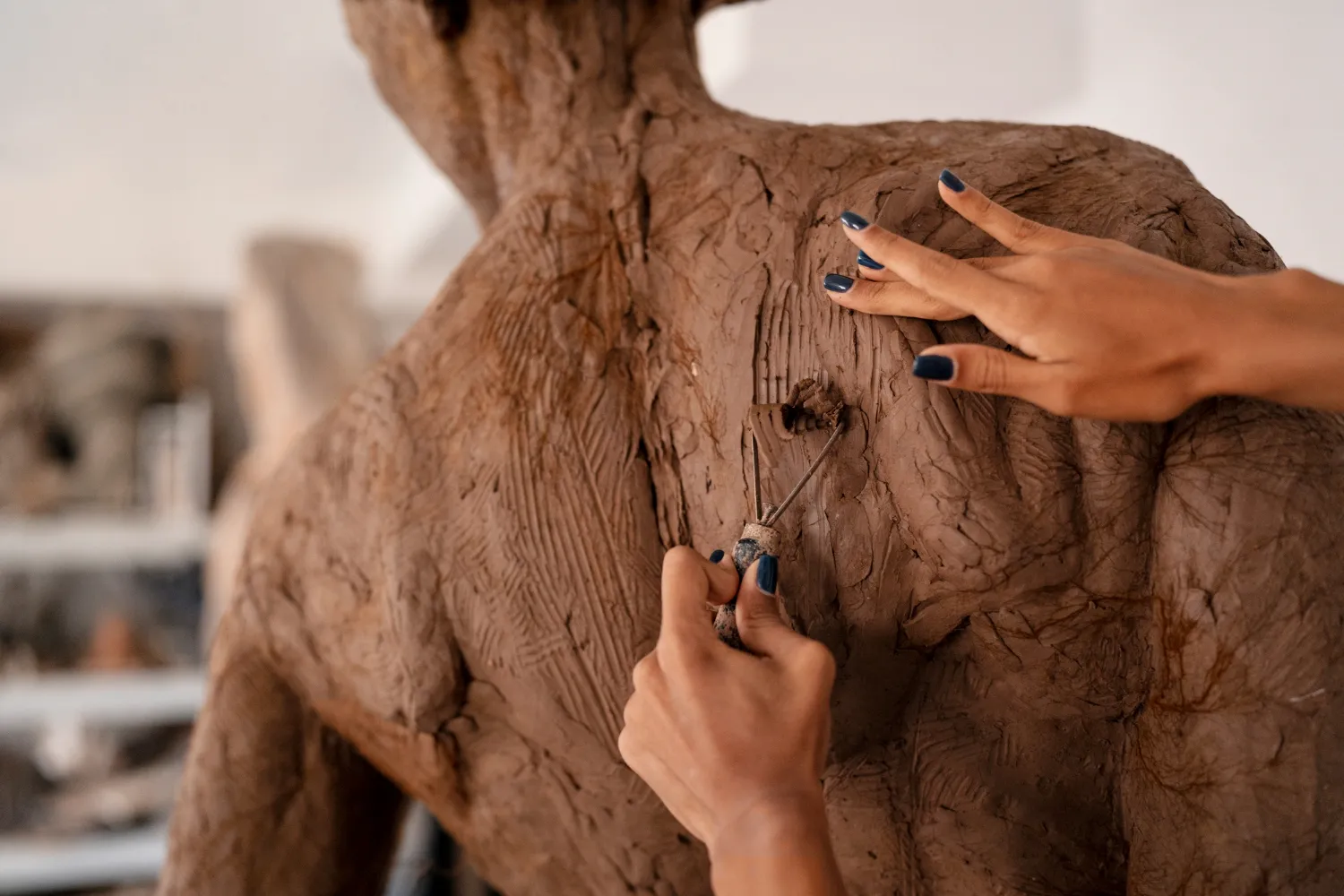Embracing a Higher Power: A Journey to Renewed Faith and Sanity in Addiction Recovery

A Journey to Believe
Welcome to the third installment this month of our “12 Steps Addiction Recovery Fridays” series.
Today, we delve further into Step Two of the 12-step addiction recovery process: “Came to believe that a power greater than ourselves could restore us to sanity.” Last week, we explored my link between Step One and Step Two, where we acknowledged our powerlessness over addiction and the unmanageability of our lives and their linkage to reaching out to a higher power to restore us. This week, we shift our focus to the transformative power of faith, hope, and spiritual renewal.
Understanding Step Two: Beyond the Self
Step Two is about embracing the possibility that a power greater than ourselves can guide us back to sanity. This step can be particularly challenging, especially for those who struggle with the concept of a higher power. Whether you believe in God, a universal spirit, or simply a force beyond the self, the essence of this step is about opening your heart and mind to new possibilities for recovery and healing.
The Role of Faith in Recovery: A Personal Perspective
My journey with Step Two began during my time in rehab, where I rediscovered the power of prayer and my faith. Engaging with priests and fellow recovering addicts who shared their experiences was profoundly healing for me. It’s been two and a half years since rehab, and my faith continues to be a cornerstone of my recovery. I attend church regularly and participate in a small Christian community group where we discuss the gospel and our personal journeys.
Neutral Spirituality: Respecting Diverse Beliefs
It’s crucial to acknowledge that spirituality is a personal journey, and not everyone believes in a traditional God or spiritual power. However, the principle behind Step Two remains universal: finding hope and strength in something greater than oneself. This could be nature, the universe, the collective human spirit, or even the support of a community. The goal is to tap into a source of strength and guidance beyond our own limited capabilities.
Practical Application: Letting Go and Moving Forward
In my daily life, prayer, walking, and meditation have become vital practices. When I feel anxious, nervous, or depressed, I remind myself to let go of outcomes beyond my control and focus on what I can do. This practice of surrendering to a higher power in my view and helps me maintain faith and resilience in the face of challenges.
Connecting Addiction Recovery to Mental Health
Addiction recovery is intricately linked to mental health. Personally, I have experienced and been diagnosed with mental health issues like depression, anxiety, Attention Deficit Hyperactivity Disorder (ADHD), and grief, and all of these often accompanied unhealthy addiction. Addressing these underlying conditions is crucial for holistic recovery.
It’s important for employers and employees alike to recognize the significance of mental health in the workplace. Creating an environment where these conversations can happen without fear of judgment or job insecurity is essential.
Our Mission: Supporting Addiction and Mental Health Management, Advocacy, and Recovery.
At Mwangaza was Sunday, we aim to provide resources and support for individuals struggling with addiction and mental health issues. Through storytelling and sharing lived experiences, we hope to create a resilient and supportive society. By highlighting the stories of survivors, we encourage others to seek help and embrace the journey of recovery.
Call to Action: Embrace Therapy, Sustain Recovery, and Support Each Other
Functional Addicts: Seek therapy even when life seems manageable. Therapy is a proactive step to understand yourself better and avoid potential crises. Talking to psychologists and addiction specialists can provide valuable insights and support.
Recovering Addicts: Sustain your recovery by continuing to challenge yourself. Speak out, engage in your recovery programs like AA or NA, and communicate openly with Sponsors, supervisors, and fellow recovering addicts. Every day brings new challenges, and staying connected is key to your sobriety.
Caregivers: We recognize your invaluable support and urge you to seek counseling and therapy for yourselves. The toll on caregivers is immense, and your well-being is crucial to effectively support those in recovery.
Individuals with Disabilities: At Mwangaza Wa Sunday, we are mindful of the unique challenges faced by people with disabilities, including mental health issues. Employers and employees should be aware that individuals with disabilities also require support and understanding.
Encourage Safe Conversations: Promote open discussions about addiction, mental health, and related challenges. Sharing stories and experiences fosters a supportive and resilient community.
Statistics and Quotes
According to the National Institute on Drug Abuse, around 50% of individuals with severe mental disorders are affected by substance abuse. Studies show that spirituality and faith significantly enhance recovery outcomes. As one recovering addict shared, “Prayer and faith gave me the strength to face each day with hope.”
Embracing Hope and Faith
Step Two is a deeply personal and transformative step in the addiction recovery process. Whether you find strength in a traditional spiritual belief or a more abstract higher power, the key is to remain open to the possibility of renewal and healing. By embracing this step, we move closer to restoring sanity and building a life of hope, faith, and resilience.
Stay Connected
Follow us on Instagram to be part of the conversation.
Share your story with us and help grow our community! Let’s continue to support each other on this journey to recovery.









